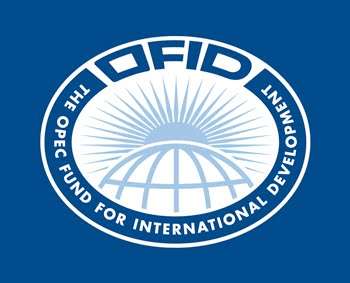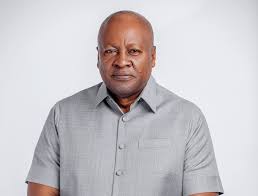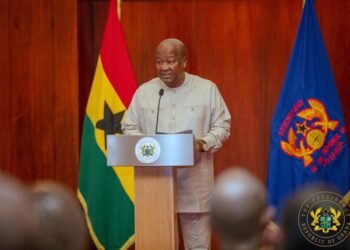The Organization of Petroleum Exporting Countries (OPEC) in its 2023 OPEC Fund annual report has approved 515.4 million US dollars to support climate change.
The organization provided social intervention through the provision of water for over 11 million households. Providing sanitation to over 11 million households and funding more than 11,000 kilometers of roads and railways.
The private sector through Small and Medium Enterprises also received support from the OPEC Fund. Over 350,000 SMEs have been aided through the OPEC Fund.
Due to the impact of the OPEC Fund on societies, Fitch and S&P have rated the organization as AA+ or Outlook Stable.
Based on the adoption of the climate action plan, the OPEC Fund supported SDG 7. The fund through the climate action plan invested in projects that focus on providing affordable and clean energy.
The climate change action plan was adopted in September 2022 to support the OPEC Fund’s agenda towards SDG 7.
OPEC Fund Dedicates 25 Percent Finances To Climate Change

To achieve its goal, the OPEC Fund has dedicated 25 percent of its finances to climate change projects by 2025. The OPEC Fund aims to expand this to 40% by 2030.
However, the 2023 OPEC Fund annual report shows that 33% of its funds were dedicated to climate change in 2022.
The OPEC Fund in 2022 supported the establishment of a solar plant in Niger and a wind farm in Azerbaijan and Uzbekistan. The solar plant in Niger cost 25 million US Dollars with a capacity of 240MW.
The wind farm in Azerbaijan has a capacity of 1 gigawatts and costs 40 million US Dollars.
In Colombia, the OPEC Fund invested in the country’s goal to cut greenhouse emissions by 51% by 2030.
The country aims at comprehensively balancing sustainable development and economic growth, hence the reduction of greenhouse emissions is key to Colombia’s sustainable development.
To ensure Colombia achieves its climate change goal, the OPEC Fund is supporting the country with 150 million US Dollars through a policy-based loan system. Through the loan, Colombia is also expected to reduce deforestation by 30% and ensure about 1.4 million hectares of trees are planted.
Aside from the direct projects conducted by the OPEC Fund, the organization also joins forces with Multilateral Development Banks (MDBs) that contribute to climate change.
The MDBs contribute to the global agenda for climate change and also provide a way to measure the impact of OPEC Funds activities.
OPEC Fund for International Development known as the OPEC Fund is an institution that finances multilateral developmental projects. The organization through its 12 member countries provides funds for non-member countries.
Algeria, Ecuador, Gabon, Indonesia, Iran, Iraq, Kuwait, Libya, Nigeria, Saudi Arabia, the United Arab Emirates, and Venezuela are the funding members of the OPEC Fund.
OPEC Fund works with developing countries and international development community partners to improve the socioeconomic status of people in lower and middle-income countries. OPEC Fund focuses on funding projects that are people-centered.
The OPEC Fund provides funds for several projects worldwide across all aspects of the economy. The organization has supported over 4,000 projects in four different continents.
These include public sector lending, private sector and trade finance, grants for individuals and organizations, emergency aid, etc.
The OPEC Fund has identified three key areas through which it provides intervention through partner organizations and countries.
The key areas are, supporting policy diagnostics, promoting transformative technologies, and driving innovative climate finance solutions in the private sector.
The OPEC Fund through its measures in their report states that 25 out of the approved projects by the OPEC Fund always contribute to addressing climate change.
Also, 5 projects involved the adaption of finance to support climate change, and 10 projects involved a mix of both mitigation and adaptation of finance to promote climate change.
The OPEC Fund states that in 2022 the fund approved 515.4 million dollars for climate change financing and this is equal to 33.4% of approved funds.
READ ALSO: Ghana’s Misplaced Priorities in the Face of Economic Turmoil



















